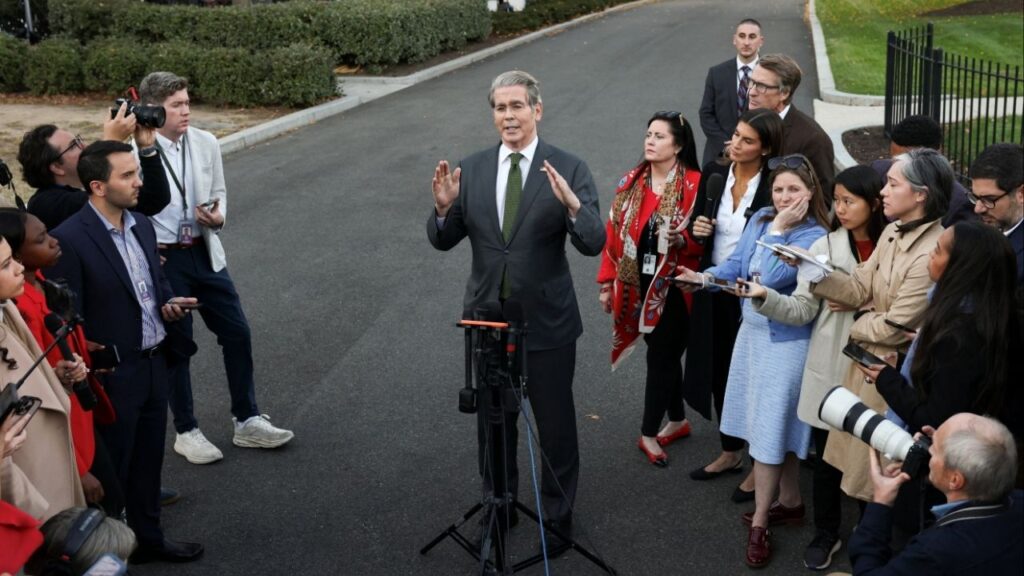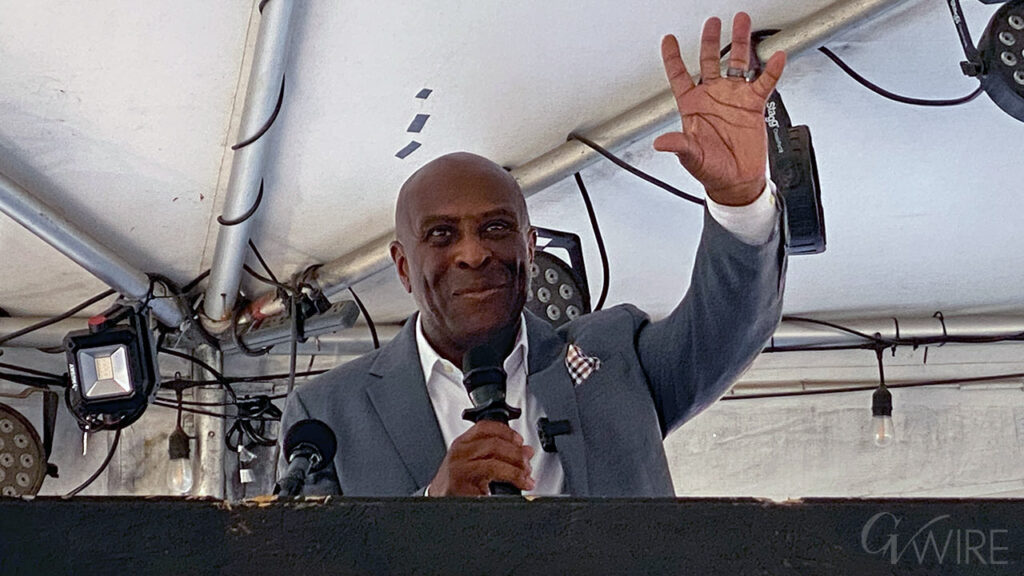The U.S. Naval Academy revises its admissions policy, removing race, ethnicity, and sex as factors in response to a presidential executive order. (AP File)

- Naval Academy shifts admissions policy, eliminating race, ethnicity, and sex as factors in response to executive order.
- Decision follows federal judge's ruling allowing race consideration, citing military cohesion and national security factors.
- Change aligns with Supreme Court's ban on affirmative action in college admissions, with potential military exemption.
Share
ANNAPOLIS, Md. — The U.S. Naval Academy will no longer consider race, ethnicity or sex as a factor for admission to the service institution, a response to an executive order by President Donald Trump, according to federal court documents made public Friday.
The change in policy was made in February by Vice Adm. Yvette Davids, the academy’s superintendent, in response to an executive order issued by President Donald Trump in January, according to a court filing by the U.S. Justice Department in the 4th U.S. Circuit Court of Appeals.
The president’s order on Jan. 27 said that “every element of the Armed Forces should operate free from any preference based on race or sex.” It also directed the secretary of defense to conduct an internal review with respect to all “activities designed to promote a race- or sex-based preferences system,” including reviews at the service academies.
Related Story: Judge Upholds Use of Race in Naval Academy Admissions, Saying a Diverse Military Is Stronger
New Admissions Guidelines
“Under revised internal guidance issued by the Superintendent on Feb. 14, 2025, neither race, ethnicity, nor sex can be considered as a factor for admission at any point during the admissions process, including qualification and acceptance,” according to the court filing made public Friday.
The decision comes after a federal judge ruled in December that the academy could continue considering race in its admissions process. In that case, the judge found that military cohesion and other national security factors mean the school should not be subjected to the same standards as civilian universities.
During a two-week bench trial in September, attorneys for the academy argued that prioritizing diversity in the military makes it stronger, more effective and more widely respected.
Legal Challenges and Considerations
The case against the policy was brought by the group Students for Fair Admissions, which was appealing the judge’s decision.
The Justice Department asked in the filing on Friday to suspend the current briefing schedule in the case while the parties consider the change in the academy’s policy.
“The parties require a reasonable amount of time to discuss the details of the Academy’s new policy and to consider the appropriate next steps for this litigation, including whether this litigation is now moot and, if so, whether the district court judgment should be vacated,” the Justice Department wrote.
Students for Fair Admissions also brought the lawsuit challenging affirmative action that resulted in a landmark U.S. Supreme Court ruling in 2023.
Related Story: Facing Anti-DEI Investigations, Colleges Cut Ties With Nonprofit Targeted by Conservatives
Impact of Supreme Court Ruling
The high court’s conservative majority broadly prohibited the consideration of race and ethnicity in college admissions, ending a long-standing practice meant to boost opportunities for historically marginalized groups and sending shock waves through higher education. But it carved out a potential exemption for military academies, suggesting that national security interests could affect the legal analysis.
Students for Fair Admissions later sued the Annapolis-based Naval Academy, challenging the exemption. But Judge Richard Bennett rejected their arguments, saying that the school had “established a compelling national security interest in a diverse officer corps.”
Attorneys for the group argued during trial that prioritizing minority candidates is unfair to qualified white applicants and that cohesion should arise from other sources such as training and command structure.
The academy argued in that case that its admissions process considers many factors, including grades, extracurricular activities, life experience and socioeconomic status, according to court testimony. Race often played no role in the process, but sometimes it came under consideration in a “limited fashion,” attorneys for the academy wrote in court papers.



















